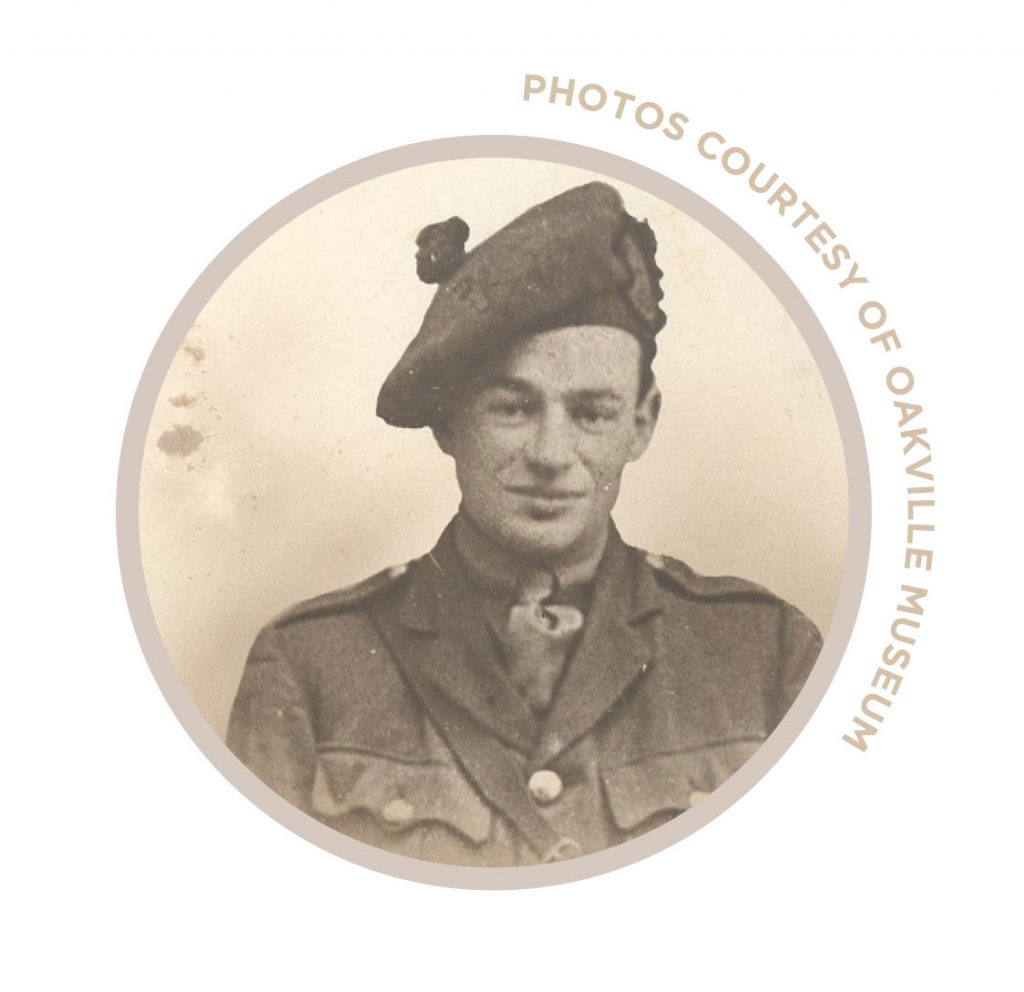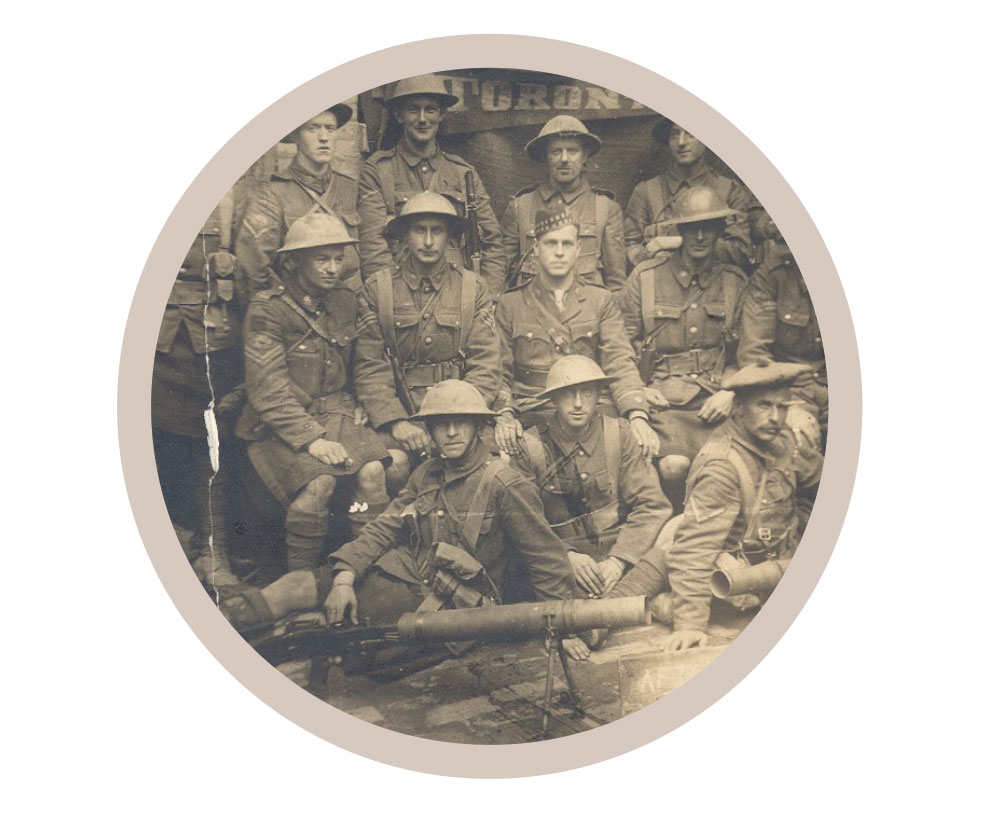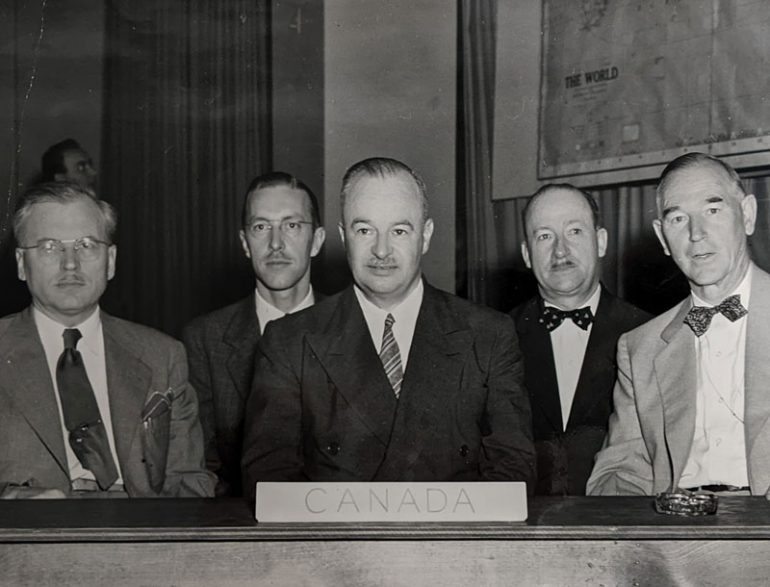At this time of year, as we remember the great sacrifices and service of the men and women of our armed forces, George Brock Chisholm gives us an outstanding example of how a wartime experience, though harrowing, can spur an individual to do great good. Born on May 18, 1896, in Oakville, Ontario, he would serve many roles during his life, from dedicated soldier to contrarian children’s mental health advocate to visionary statesman.

Enlisting as a private with the 48th Highlanders at the age of 19, the young Chisholm served valiantly during World War I, experiencing firsthand the horrors of warfare. Badly injured in the line of duty, he was awarded the Military Cross and Bar (his medals are held at Oakville Museum). His profound wartime experience propelled him towards a career devoted to peace, mental health and the betterment of society. Between the wars, Chisholm went to university, studied medicine and specialized in psychiatry, a choice that was likely informed by his own experience with shell shock – what we now call post-traumatic stress disorder (PTSD). Serving through World War II, Chisholm rose to the position of Director General of Medical Services and by the end of the war held the rank of Major General.
Following his key role in the war effort, Chisholm’s most significant contribution post-war was his role as the first Director General of the World Health Organization (WHO) from 1948 to 1953. During his tenure, he championed the notion that mental health is a fundamental human right, challenging the prevailing stigma associated with mental illness. His groundbreaking work laid the foundation for a more compassionate and inclusive approach to mental health care worldwide.
Chisholm’s impact extended far beyond his role at WHO. In his work with a number of Canadian mental health organizations, he spearheaded efforts to improve mental health services and promote understanding and acceptance of mental illness in Canada. His visionary leadership and tireless advocacy resulted in the establishment of psychiatric clinics, rehabilitation centres and community-based programs that continue to benefit countless individuals today.

The life and legacy of George Brock Chisholm serve as a testament to the transformative power of individuals who have the conviction to follow their own compass. His unwavering dedication to improving mental health, advocating for peace and championing human rights continue to inspire generations of individuals to strive for a more compassionate and just world.

Having experienced war personally as a soldier in the First World War and later as a medical administrator in the Second World War, Chisholm was well aware of the destructive and merciless nature of war, having witnessed it from the perspectives of both a common soldier and a high-ranking officer. He helped to establish and subsequently led one of the most long-lasting and beneficial international organizations in history. He firmly believed in the potential of enlightened international collaboration and played a pivotal role in making it a reality in the field of global health care.






do you know which chisholms lived in the house at the fork of trafalgar rd downtown? i know it was owned by chisholms, just can’t recall which ones. (end of 60s into 70s.) thanks